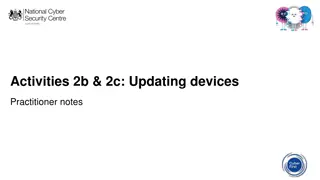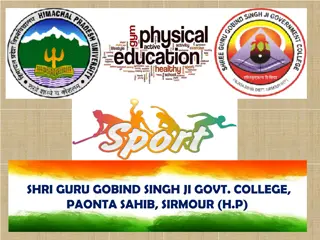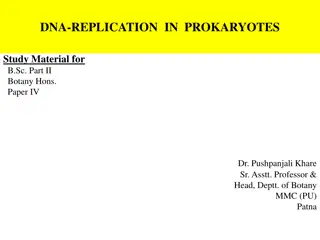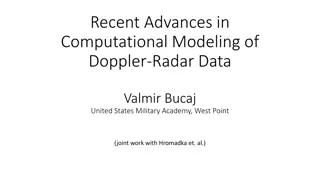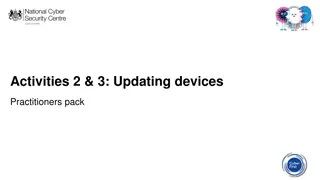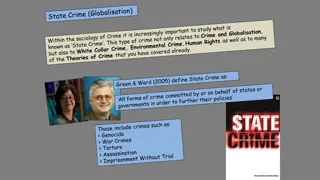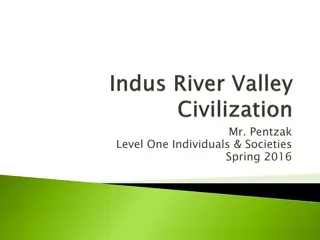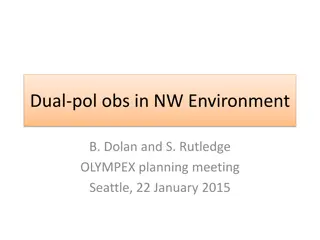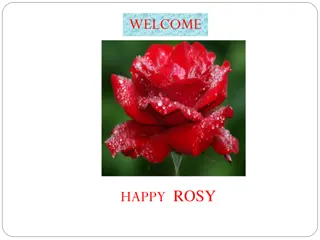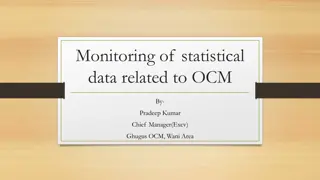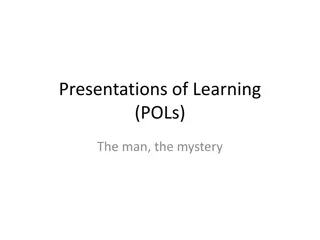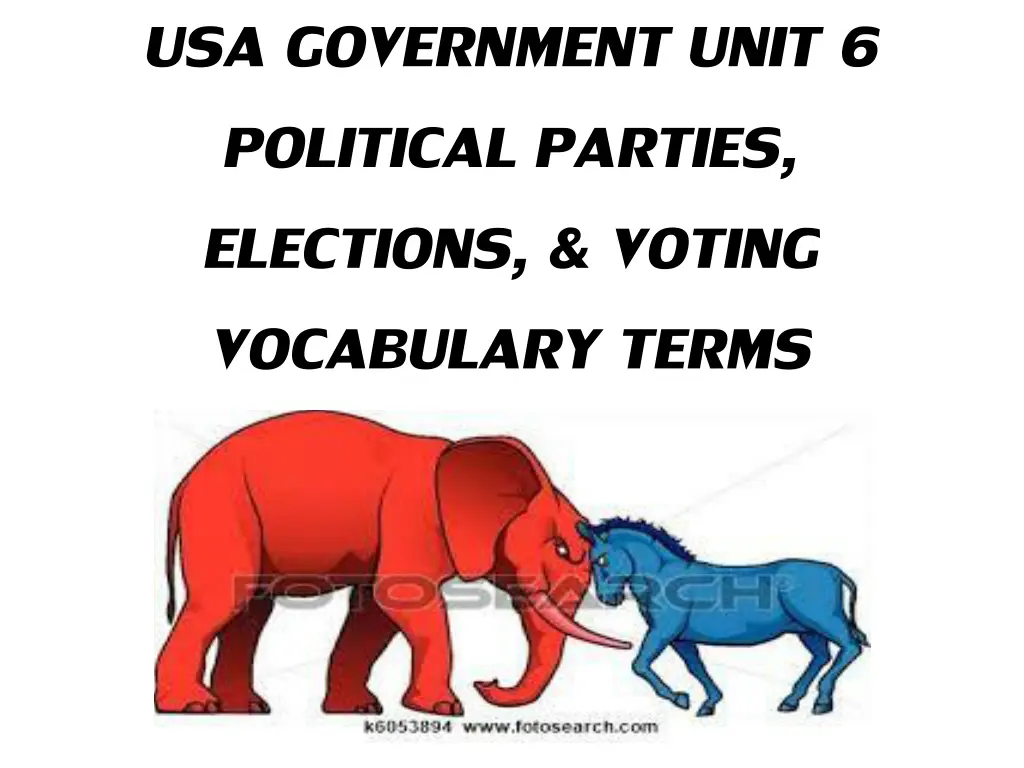
Vocabulary Terms Related to Political Parties, Elections, and Voting in the United States
Explore essential vocabulary terms associated with political parties, elections, and voting in the USA Government Unit 6. Learn about important people in voting, campaign strategies, how people vote in primaries, and the significance of political parties in elections.
Download Presentation

Please find below an Image/Link to download the presentation.
The content on the website is provided AS IS for your information and personal use only. It may not be sold, licensed, or shared on other websites without obtaining consent from the author. If you encounter any issues during the download, it is possible that the publisher has removed the file from their server.
You are allowed to download the files provided on this website for personal or commercial use, subject to the condition that they are used lawfully. All files are the property of their respective owners.
The content on the website is provided AS IS for your information and personal use only. It may not be sold, licensed, or shared on other websites without obtaining consent from the author.
E N D
Presentation Transcript
USA GOVERNMENT UNIT 6 POLITICAL PARTIES, ELECTIONS, & VOTING VOCABULARY TERMS
IMPORTANT PEOPLE & $ IN VOTING Campaign Manager The head of the campaign organization. bosses powerful party leaders soft moneya contribution to a political party that is not accounted as going to a particular candidate, thus avoiding various legal limitations
GLAD-HANDING shaking hands with everyone whether you care for them or not (a political tool)
HOW PEOPLE VOTE & PRIMARIES Cross-Pressured Voter between conflicting elements in his or her own life such as religion, income level, and peer group. Straight-Party Ticket candidates of their party only. direct primary party members select people to run in the general election closed primary registered members of a particular political party can vote open primary registered voter can vote (but must vote for candidates of only one party). A voter who is caught When a voter selects the An election in which A primary in which only A primary in which any
The Burning Question--Whos gonna win the states with the most electoral votes?
CHOOSING SIDES IN AN ELECTION political party with broad common interests who organize to win elections, control government, and influence government policies. coalition government combine forces to obtain a majority third party other than the two major political parties (Republican and Democratic). independent particular party patronage in exchange for political support. a group of people Several parties A political party not supporting any Giving political jobs
How much do political parties really have to do with this?
GETTING OUT THE INFORMATION precinct captain who organizes party workers to distribute information about the party and its candidates and to get the voters to the polls Issue Advocacy Campaigns Advertising paid for by interest groups that urges voters to support a particular position on issues such as gun control or health care. a volunteer
This is the Marylandforhillary headquarters & it s many volunteers
THE TERRITORY INVOLVED single-member districts district in which voters choose one representative or official precinct district ward comprised of several adjoining precincts. proportional representation system in which members of legislatures are chosen in proportion to the numbers of votes their parties receive. An electoral A voting A large district An electoral
A number of these places to vote occur in each voting district
ORGANIZATIONS RUNNING THE MACHINE Federal Election Commission (FEC) independent agency in the executive branch to administer federal election laws. Political Action Committees (PACs) Organizations established by interest groups to collect money and provide financial support to favored candidates or political parties. The Bipartisan Campaign Reform Act (BRCA) A bill that targeted the use of issue advocacy advertising and the use of soft-money donations to national political parties. state central committee composed largely of representatives from the party's county organizations An a committee usually
Heres a typical example of a Political Action Committee:
THROWING A PARTY TO GET A CANDIDATE national convention delegates of a single political party from across the country to choose candidates for president and vice president and to adopt a party platform. national committee committee of a national political party established to direct and coordinate party activities between national party conventions nominating convention public meeting of a party to choose candidates for office. A gathering of A standing An official
Nominating conventions like this one can draw 1000s & shut down cities
SOME HISTORY OF VOTING/ELECTIONS Suffrage Grandfather Clause voters whose grandfathers had voted before in 1867 were eligible to vote without paying a poll tax or passing a literacy test. Poll Tax money a citizen had to pay before he or she could vote. 1965 Voting Rights Act effective suffrage laws passed in United States history. theocracy by religious leaders The right to vote. Provided that only An amount of One of the most A government ruled
50 yrs. ago, it took an act of Congress to make voting equal for all races
THE PSYCHOLOGY OF ELECTIONS Image The mental picture that voters have of a candidate. ideologies Basic beliefs about government. planks An individual belief in a platform platform A statement of the party's principles, beliefs, and positions on vital election issues.
MISCELLANEOUS ITEMS OF THOUGHT caucuses voters express their preference for a candidate. It's a pyramid, starting from a local level, to a county then district then state level. 14 states use caucuses. plurality Candidate or party with the most votes cast in an election, not necessarily more than half. runoff primary A second primary election held when no candidate wins a majority of the votes in the first primary. ticket Candidates for president and vice president An informal gathering where
Some states that use the caucus system are Alaska, Colorado, Hawaii, Kansas, Maine, Minnesota, Nevada, North Dakota, Wyoming and Iowa (a crucial state!)


